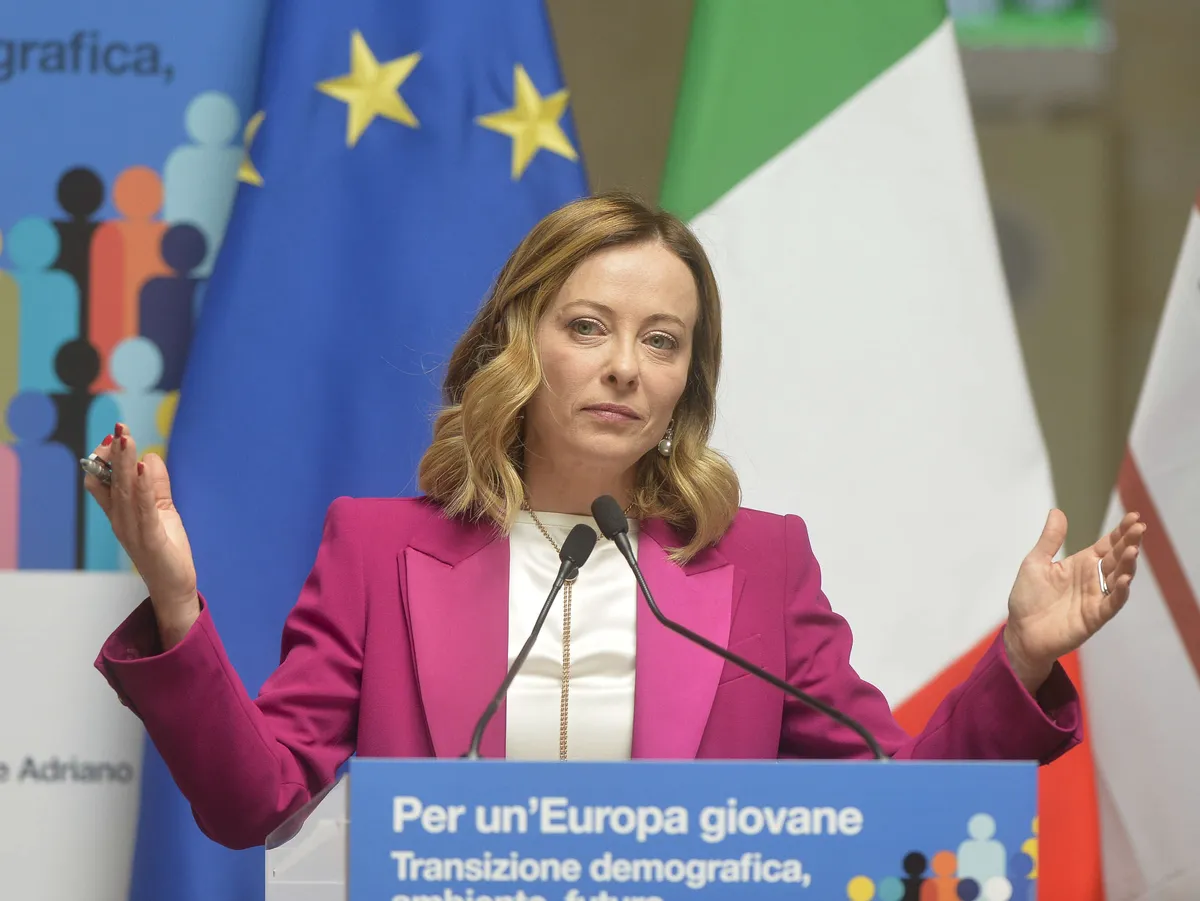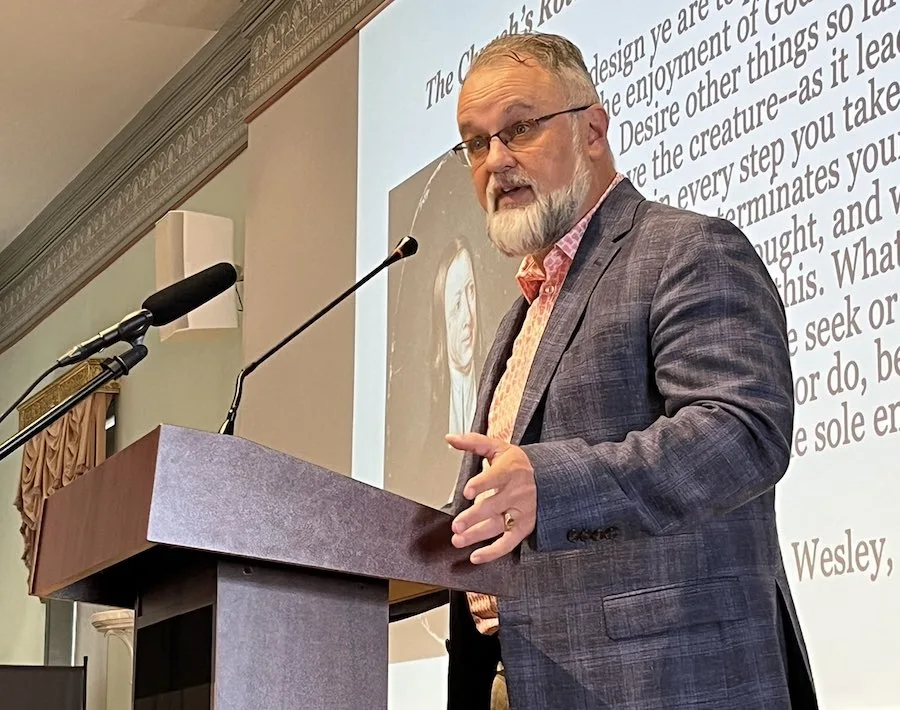This week, the Financial Times (FT) conducted a comprehensive analysis of the three leading European far-right parties – Germany’s AfD, France’s National Coalition, and Italy’s Fratelli d’Italia. The magazine described these parties as “hard-right” due to their strong nationalism, hostility towards immigrants and Islam, and authoritarian tendencies.
One notable feature that unites these parties is that they are all led by women. Alice Weidel leads the AfD, Marine Le Pen leads the National Coalition, and Giorgia Meloni leads Fratelli d’Italia and serves as the Prime Minister of Italy.
While these parties share many commonalities in their views on nationalism, hostility towards minorities, and commitment to traditional values, there are also significant differences among them. For example, Fratelli d’Italia has a different stance on Russia compared to the National Coalition and the AfD. While Meloni has shifted to a less pro-Russia position than before, Le Pen has maintained her previous pro-Russian stance.
The parties also differ in their positions on the EU. While Weidel has indicated support for Germany leaving the euro and the EU, Meloni and Le Pen have softened their criticisms of the EU. In particular, Meloni has been critical of the European Central Bank’s monetary policy.
As we approach the upcoming European elections, it is clear that these three parties are starting from different positions. Fratelli d’Italia is part of the ECR group, while the National Coalition and AfD are part of the ID group. There have been rumors that the National Coalition may join forces with other right-wing groups in Europe to form a new alliance. However, Le Pen has not yet made any decisions regarding this matter.
In conclusion, while these three far-right parties share some similarities in their views on nationalism and traditionally conservative values, they also have significant differences in their positions on Russia and Europe’s role within it. As they continue to compete for votes leading up to this year’s elections



